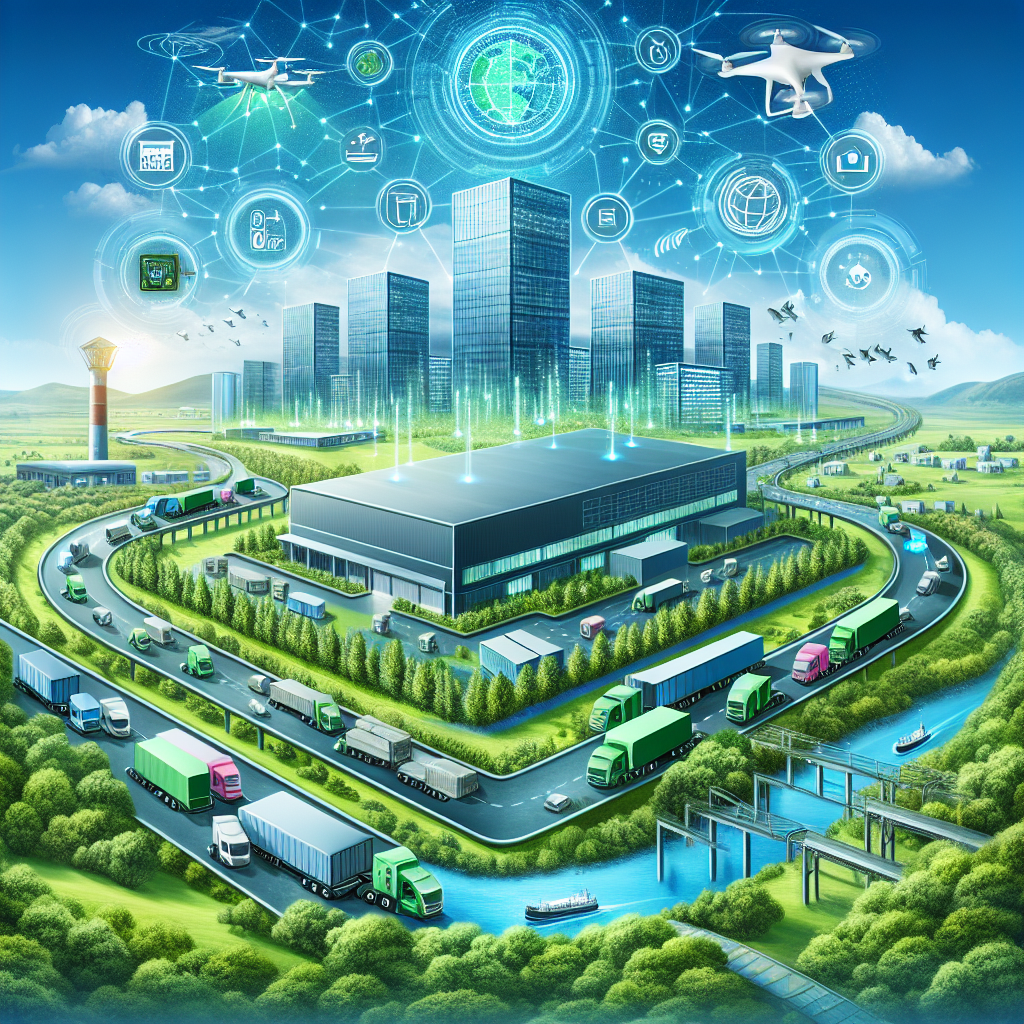In an era where digital transformation is reshaping industries across the spectrum, the integration of the Internet of Things (IoT) into supply chain management is proving to be a game changer. A recent discussion on IoT Tech News (“Dominic Maidment: Unilever IoT supply chains a ‘sixth sense'”) highlights how major corporations, such as Unilever, are harnessing this technology to realize not only enhanced operational efficiencies but also improved environmental sustainability.
Dominic Maidment, the technology architect for Unilever, offers a profound insight into how IoT is revolutionizing the company’s global operations. According to the report, Unilever has embarked on an ambitious plan to leverage IoT technologies to gain deeper insights into its sprawling supply network, encompassing myriad products and extensive logistics operations.
IoT devices are integral to this strategy, providing real-time data that enables the conglomerate to optimize routes, reduce energy usage, and cut down on waste. This technological deployment ranges from simple monitoring of shipments to ensure they are on the fastest, most fuel-efficient routes, to more complex systems that predict maintenance issues in factory equipment, thereby preventing downtime and boosting productivity.
The benefits of integrating IoT within supply chain processes also extend to sustainability, a critical concern for modern businesses, particularly those like Unilever, that operate on a global scale. By improving route efficiency and reducing machine downtime, IoT helps in significantly lowering the carbon footprint of logistics operations. This is increasingly important as consumers and regulators alike demand more environmentally responsible business practices.
Moreover, the application of IoT devices aids in fostering a transparent, traceable supply chain. Consumers are increasingly aware and concerned about the origins of the products they purchase, particularly in terms of ethical sourcing and environmental impact. IoT technology provides companies the tools to track and verify the entire lifecycle of a product, from raw materials to retail shelves, enhancing consumer trust and compliance with regulatory standards.
Despite the tangible benefits, the adoption of IoT technology comes with challenges. Data security is a prominent concern, given the increased connectivity and the sensitive nature of the information being transmitted. The complexity and cost of implementing such advanced technologies can also be a hurdle, especially for smaller enterprises without the resources of giants like Unilever.
Nevertheless, as Maidment articulates, the investment in IoT represents a forward-thinking strategy. It not only refines operational efficiencies but also aligns with broader corporate responsibilities towards environmental sustainability and ethical business practices. As Unilever continues to adapt and integrate IoT into its operations, it sets a benchmark for others in the industry, illustrating that the future of supply chain management will inevitably be intertwined with technological advancements, particularly IoT.
As industries continue to evolve under the digital transformation umbrella, IoT’s role within supply chain logistics will likely expand, potentially becoming a standard practice used to address the dual demands of efficiency and sustainability.



